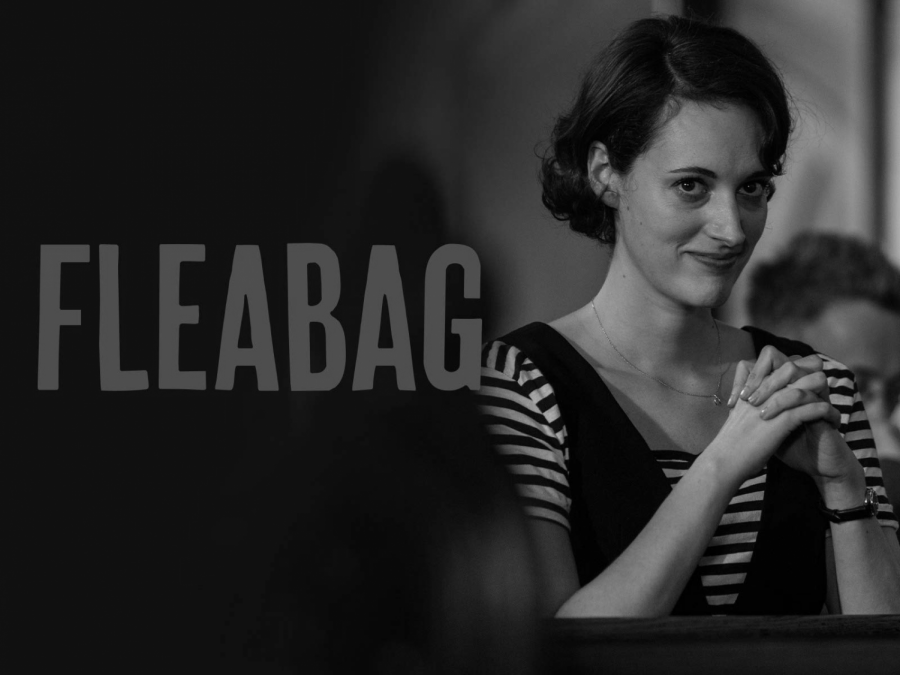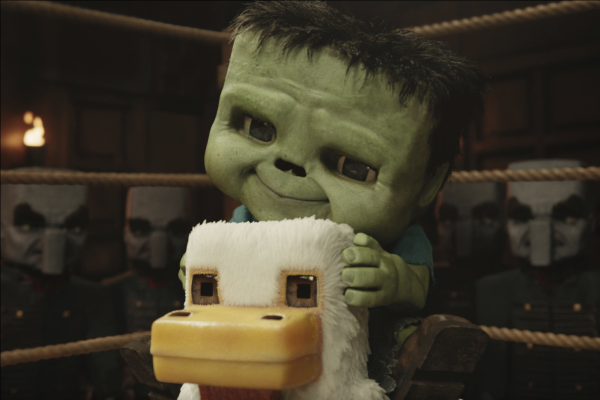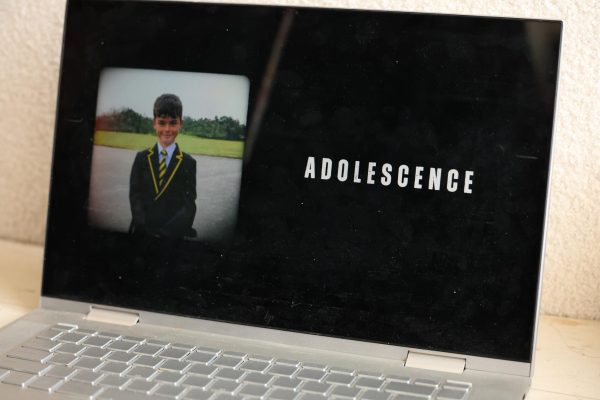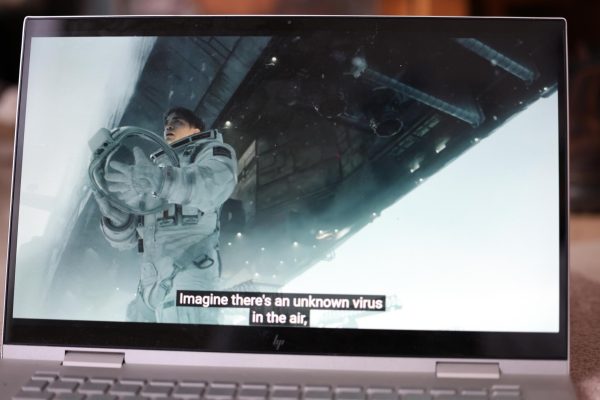Music and Television’s Complicated History: Theme Songs Evolve in the Streaming Era
Of all the media prevalent in today’s society, television continues to be the most dominant.
According to Statista, the amount of Americans who own televisions in their households skyrocketed in the 2000s and continues to rise significantly. However, television became a mainstay in the American household prior to the early 2000s, as it was first popularized in the mid-twentieth century.
With early shows such as “The Three Stooges,” it became apparent that television would never die, but rather evolve. Through the decades, television has witnessed a big bang with shows like “All In The Family,” “The Brady Bunch,” “The Andy Griffith Show” and, for all us 2000s kids, “Drake and Josh.”
Along with these shows, their theme songs have become trademarks. They alert us to when the show is on — invitations to immerse ourselves in idyllic television worlds and escape our stressful realities.
However, such an observation does beg the question: To what degree do these television jingles influence public opinion over what shows we choose to watch? To answer this question, we’ll have to go back to a time before “The Office,” “Mad Men” and “The Big Bang Theory.”
Television’s growing popularity in the mid-twentieth century would influence the masses astronomically. However, it would take time until television would appear to the public as it does today, with high-definition graphics and thrilling sound.
Before such advancements, television was far more primitive. In fact, upon the initial release of the television, society dubbed it simply as a “radio with pictures.”
In the 1950s, though, “The Three Stooges” changed the game. Known for its slapstick comedy, the show’s “pop-goes-the-weasel” song became iconic, signifying the mischievous trio’s bizarre antics. The same can be said for “The Twilight Zone,” with the ominous voice of the omniscient narrator indicating to the public that it was time to witness extraordinary, supernatural feats.
With such generation-defining shows, these theme songs served as calling cards that symbolized everyone’s favorite shows were on the air.
According to the research article “Industrial Structure, and the Consumption of Music in Japan,” 90% of respondents surveyed from Japan and America stated that they find television as their primary source for new music. This makes sense when you consider the historical popularity of music video channels like MTV.
However, in today’s culture, where streaming services like Netflix and Hulu are becoming prevalent and long-standing channels like MTV are falling to the wayside, theme songs may have lost significance. On Netflix, for example, viewers can skip theme songs by pressing a button.
Still, I argue that theme songs haven’t simply evaporated, but instead evolved. Television shows that we stream, along with their catchy theme songs, are truly immaterial if they do not have a public opinion or taste to appeal to. Television jingles evolve with the content and medium. For example, in the past decade, we have seen some of the wildest theme songs of all time.
The intro for “Fleabag,” for example, which streams on Amazon, is a short burst of cacophonous metal-inspired noise. This instantly separates it from every other theme song while also fitting into the zeitgeist of instant-satisfaction; it’s too fast to be skipped.
The theme song for “Bojack Horseman,” which streams on Netflix, is decadent and whimsical. In fact, according to The Verge, it wasn’t even originally made for the television show. It is artful and eccentric, and, like the intro for “Fleabag,” something you would have never seen on traditional television.
Theme songs have been a quintessential part of shows for years, inviting us to escape the stresses of the physical world and immerse ourselves in our favorite shows. Television may be changing, but so are theme songs.













































































































































































































